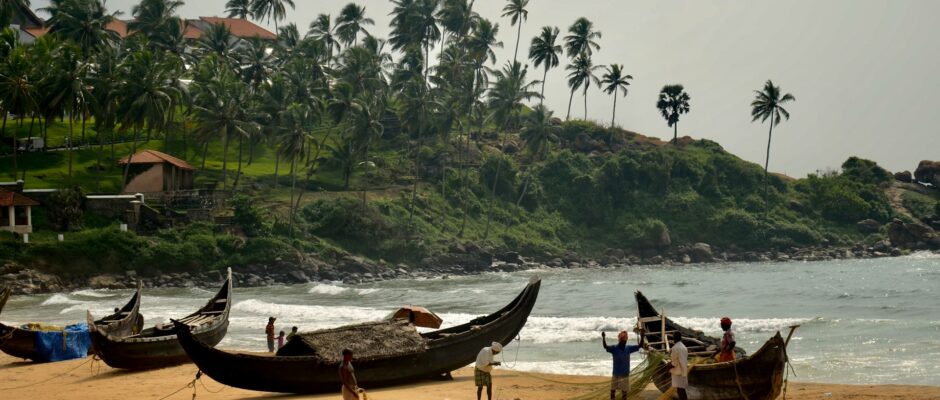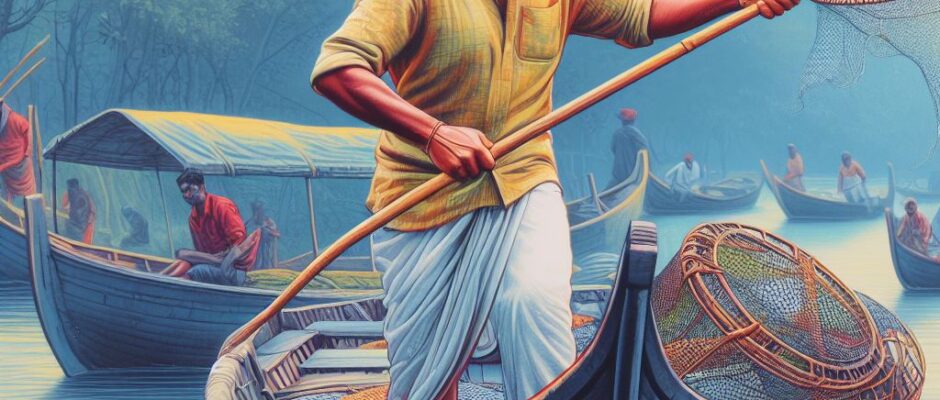From Cardamom Fields to Trout Triumph: The Inspiring Journey of Premier Aquaculturist, Prem Kumar Rai
In the picturesque state of Sikkim in northeastern India, a transformative tale of aquaculture success unfolds as Prem Kumar Rai, a 45-year-old farmer, emerges as a trailblazer in rainbow trout farming. Rai’s journey, chronicled through an insightful interview, sheds light on his evolution from cultivating cardamom to becoming a thriving fish farmer, earning accolades and recognition from the state government. In 2012, seeking new avenues and spurred by the active promotion of rainbow trout farming by the Indian fisheries department, Rai transitioned from cardamom cultivation to fish farming. Armed with a modest investment of Rs 50,000 ($611), 2,000 fingerlings, and essential training from the fisheries department, Rai embarked on a journey that would redefine his livelihood. The initial challenges were substantial, with only 300 fingerlings surviving due to Rai’s limited knowledge of fish farming. Despite this, the first year yielded a profit of around Rs 40,000 ($488), showcasing Rai’s determination and adaptability. Addressing the intricacies of trout farming, Rai shares insights into combating diseases, particularly fungal infections, which contribute to a mortality rate of around 30 percent. Quick thinking and the addition of salt are essential to prevent loss if fins turn white—a testament to Rai’s hands-on expertise. The interview unveils the harsh realities Rai faced, with significant losses totaling Rs 9 lakhs ($11,000) in 2015, 2018, and 2021 due to water supply disruptions. Undeterred, Rai perseveres, ensuring the daily care of his trout farm from dawn till dusk, even facing the challenges of potential theft. Rai’s commitment to growth is evident in his annual production, boasting 600 broodstock and 100,000 juveniles this year, with plans to reach 300,000 by the next. Despite the challenges, Rai remains focused on expanding his business, envisioning a small hatchery to further contribute to the aquaculture sector. Acknowledging the support from the state fisheries department, Rai expresses gratitude for the assistance that led to his recognition as the state’s best trout farmer in 2020 and the recipient of the state’s best fish farmer award on World Fisheries Day last year. Rai’s ultimate ambition reflects his entrepreneurial spirit—expanding his business and establishing a hatchery. However, he highlights the need for government schemes to consider small farmers and provide tailored funding. In closing, Rai extends advice to aspiring fish farmers, emphasizing the tremendous scope and income prospects in the sector. His story serves as an inspiring testament to the transformative power of aquaculture, showcasing how one farmer’s resilience and dedication can create a ripple effect of success in the thriving landscapes of India’s pisciculture.













